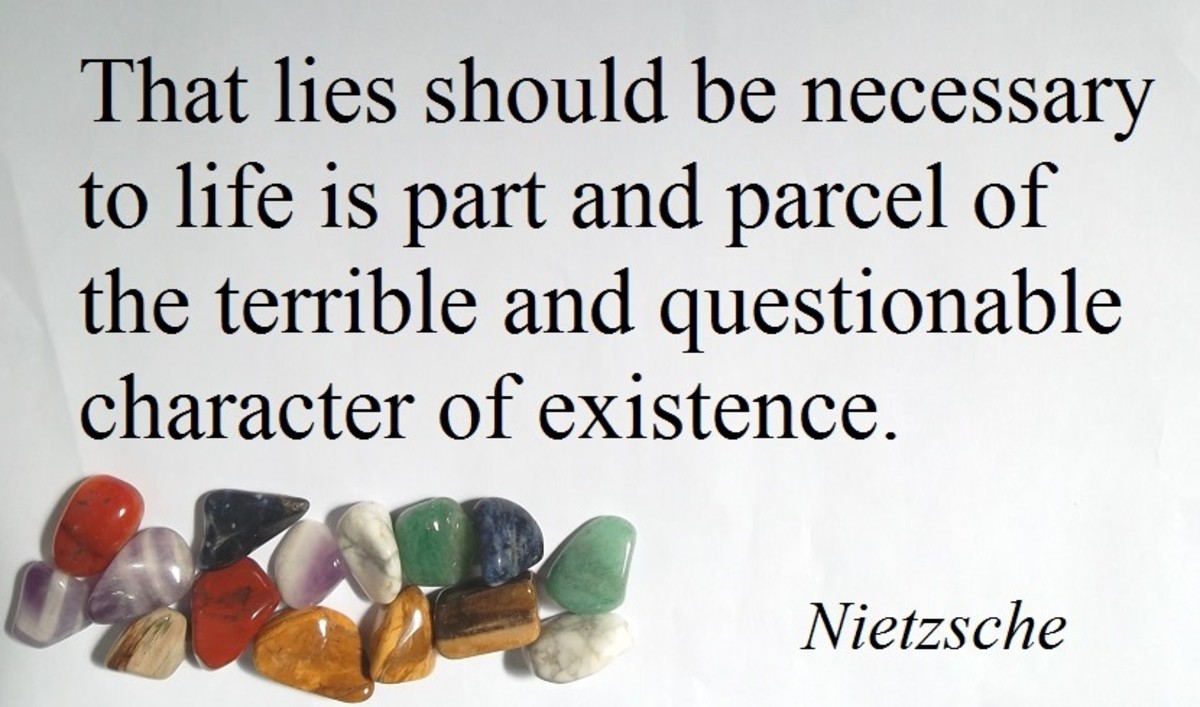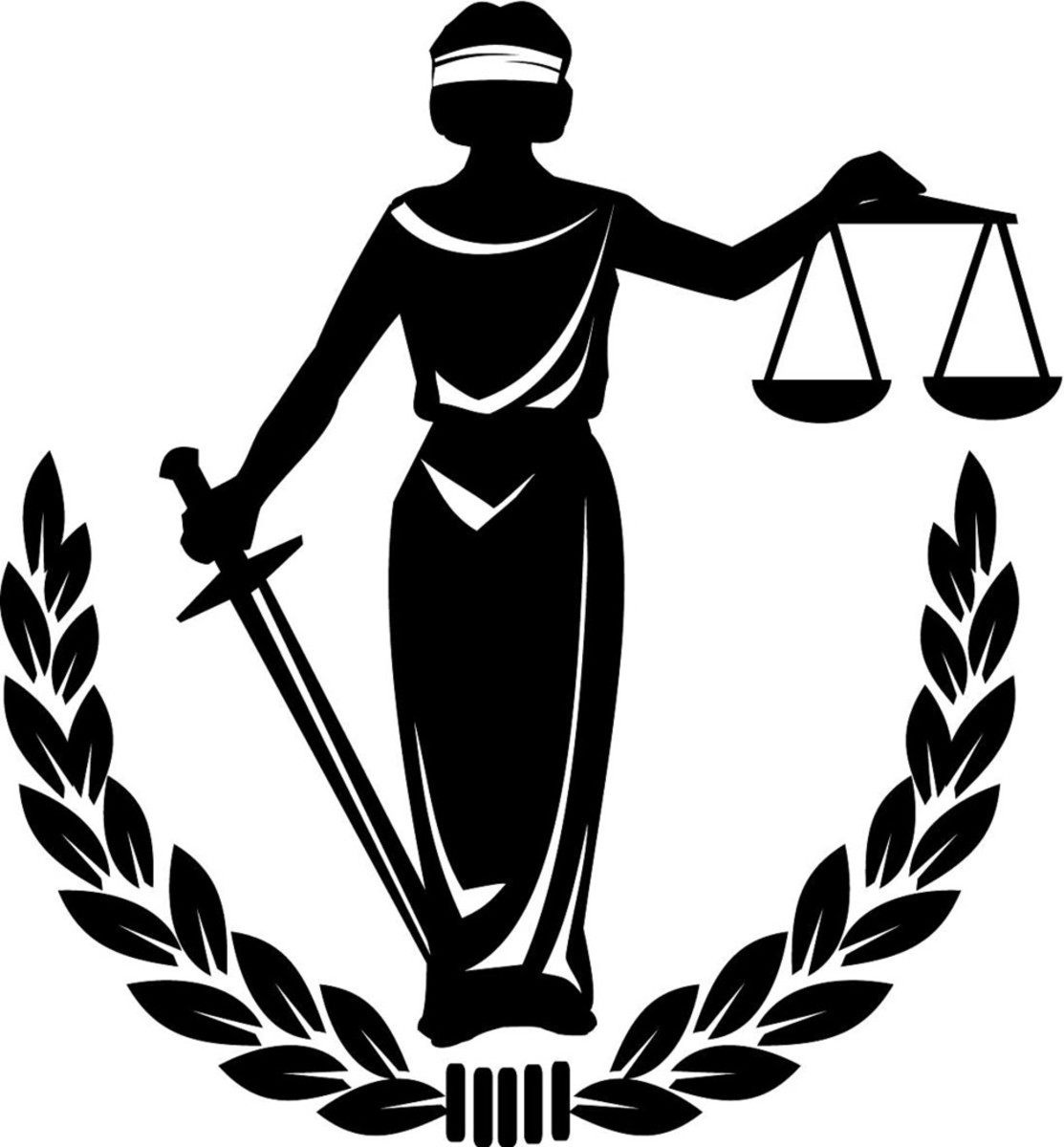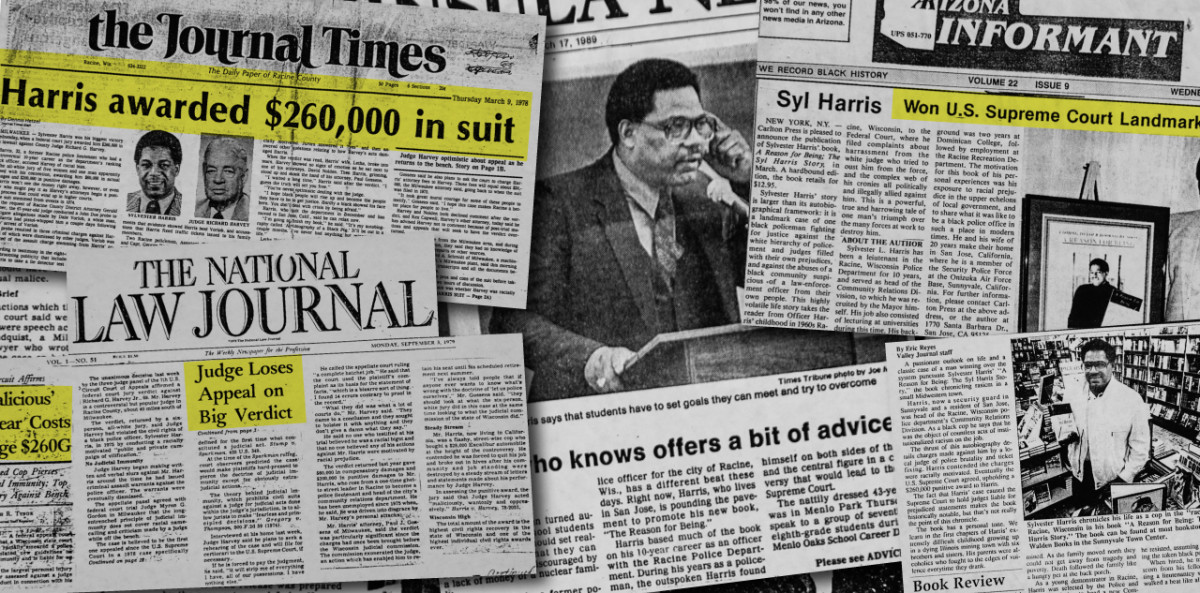Dispelling the Myths About Your Miranda Rights
"You have the right to remain silent. Anything you say can and will be used against you in a court of law. You have the right to an attorney. If you cannot afford an attorney, one will be appointed to you. Do you understand these rights as they have been read to you?"

Myth: You are being granted these rights by the government.
When you're being read your Miranda rights, the following things are generally assumed to have just happened: You've had your name run through their system. They've done a background check on you. The officer has told you what you're being charged with. He's searched you, and has just put you in cuffs telling you you're under arrest. Then he reads you the Miranda warning before putting you in a squad car and hauling you in. Most people will hear their Miranda rights and think rights are being granted by the arresting officer, the government, or perhaps even the Miranda Act. But the government doesn't give people their rights. It's merely been established to safeguard those rights, as demonstrated quite plainly in the Declaration of Independence:
"We hold these truths to be self-evident, that all men are created equal, that they are endowed by their Creator with certain unalienable Rights, that among these are Life, Liberty and the pursuit of Happiness. That to secure these rights, Governments are instituted among Men, deriving their just powers from the consent of the governed, That whenever any Form of Government becomes destructive of these ends, it is the Right of the People to alter or to abolish it, and to institute new Government, laying its foundation on such principles and organizing its powers in such form, as to them shall seem most likely to effect their Safety and Happiness."
So the government maintains, or is supposed to maintain, that rights come from your Creator. The government is supposed to acknowledge that its purpose is to keep those rights safe from anyone who'd encroach against your rights. That's a pretty far cry from what's become standard practice today, obviously.

Myth: You have the right to an attorney.
They even tell you this one, flat-out. But how absurd. You don't have the right to an attorney. This so-called right is a distorted echo of the right to counsel, guaranteed in the Bill of Rights. Specifically, this comes from the Sixth Amendment to the Constitution:
"In all criminal prosecutions, the accused shall enjoy the right to a speedy and public trial, by an impartial jury of the State and district where in the crime shall have been committed, which district shall have been previously ascertained by law, and to be informed of the nature and cause of the accusation; to be confronted with the witnesses against him; to have compulsory process for obtaining witnesses in his favor, and to have the Assistance of Counsel for his defense."
So you don't have the right "to an attorney". You have a right to have the assistance of a counselor, in case you don't understand the law.
But an attorney is hardly "the Assistance of Counsel". First off, an attorney (or an "attorney at law") isn't a real lawyer. Although most people seem to assume they're the same creature, they're very different indeed. A lawyer (or a "counselor in law", to use the proper term) is someone who lives within the law, and understands it well enough to counsel others on it. An attorney is called "at law" because they are outside the law, and this is why they call what they do "practicing law". What's another, more conventional term for someone who's outside the law? An outlaw. Now, it's pretty absurd to have someone be described as a valid counselor in something which they aren't even a part of themselves. So an attorney cannot, in any sane capacity, be confused with counsel that the Sixth Amendment guarantees you the right to. Naturally, most people don't seem to understand their rights well enough to ever complain that this disparity is violating their rights as described in the Sixth Amendment, and so this treasonous practice continues.
But wait, because it gets better.
The word "attorney" comes from the greek word "attorn", which means "to give over". Contextually, it refers to someone whose professional role involves giving over of property from one party to another. (Amusingly, "attorn" has a marginal secondary definition meaning "to twist" or "to contort".)

Many attorneys seem to enjoy using the title "Esquire" after their
names, and on their business cards. The title was conferred to them
after they passed their BAR exam, and the title is a low-level title of
British nobility. The esquire was the fellow who carried his knight's
shield for him. And it's certainly appropriate here, for although the
Union declared its supposed independence from British rule about two
hundred and thirty-four years ago, the same British practices have gradually
crept back into the government of the Union during that time, through
the complicity of federal legislature types magically granting the
government rights it never had, and through the systematic fraud of
attorneys using "words of art[ifice]", that is, seemingly
normal words with devious legal definitions it would probably never occur to you to look up.
The first duty of an attorney is to the court. His second
duty is to "the public" - supposedly the citizens of the Union, but more
recently the interests of the government which is, at least in theory,
looking out for those citizens. Only after these two duties are
satisfied does his tertiary duty come into play, that of his duty to his
client.
As part of this, let's consider the attorney-client
relationship for a moment. Back when the Union was established, the
American common law was the law of the land. In fact it still is the
law of the land, but many people don't seem to realize this. But if you
look in your State's constitution, somewhere in it you'll generally
find passages that state,

"This declaration of rights may not
be construed to impair or deny others retained by the people."
"If
any part or parts of this section are found to be in conflict with
federal law or the United States Constitution, the section shall be
implemented to the maximum extent that federal law and the United States
Constitution permit. Any provision held invalid shall be severable
from the remaining portions of this section."
This is
because when the modern State constitutions were written, they were part
of a federally-synchronized effort to wallpaper over the existing
common law with one gigantic avalanche of whimsical legislation designed
to be so intricate and convoluted that it obscured the actual law from
new generations of citizens. It's part of a gradual and co-ordinated
scheme of eroding the original law of the Union with distorted mirages
that seem more or less similar unless you understand the law.
The
original American common law was pretty easy to comprehend. You could
do anything you liked whatsoever, as long as you didn't encroach on
someone else's life, their liberty, or their property, and so long as
you abided by any contracts you chose to make with someone else. Even a
ten year-old child would reasonably be assumed to comprehend something
like that. So, when the Union was formed, if you were so adle-brained
that you needed someone else to represent you in court, you were
presumed by the court to be non compos mentis; that is, mentally
unsound.
Even though a widespread, systematic effort has been
made over the last two hundred or so years to introduce all kinds of
recklessly convoluted legislation that de-emphasises the actual law, the
courts today continue to silently presume that if you need someone
else to represent you in court, you must be mentally incompetent.
So
when you accept your supposed "right to an attorney" and show
up in court, you're automatically considered by the judge, silently, to
be mentally incompetent. Although he or she may actually know better, the lower
courts generally "presume" the worst about defendants in order to
maximize their supposed powers. In this case, you are considered to be a
ward of your attorney, just as a mental invalid or small child would
be. Necessarily, the court then proceeds to look out for your best
interests by allowing your attorney to act as your guardian, similar to
an adoptive parent. The attorney is an agent of the court system, and so you are considered a ward of the court through him. Now the trial proceeds between two attorneys, and a
judge who is an attorney who has matured past the larval stage,
haggling back and forth regarding your interests.
Recall that the
first duty of the attorneys is to the court, and the second to the
government. Only after those two priorities are satisfied does their
duty to you come into play. So we typically have a trial conducted by
attorneys using "words of art[ifice]" to defraud you and the general public
into thinking justice was served, when once you get past all of the
lingo and back-and-forth they're just finding an expedient means of
handing you over to the court system, and most of the offers and "I'll
talk you down to a misdemeanor" is merely, as the old jest goes,
dickering about your price. All in all, it's a lot like a good
old-fashioned slave auction.
So how did your right to have
someone counsel you in matters of law become a situation where you're
given a temporary legal guardian who will haggle and negotiate in order
to find the most efficient and convenient method of handing you over to
the court system? I guess maybe the old adage is true: Nothing in
politics happens on accident.

Myth: You can waive your Miranda rights.
They try to slip you this one, too. "Do you understand these rights as they have been read to you? And do you wish to waive these rights?" But it's another fallacy, and you'll be glad once you understand it that it can only be a fallacy.
"We hold these truths to be self-evident, that all men are created equal, that they are endowed by their Creator with certain unalienable Rights..."
- Thomas Jefferson, the Declaration of Independence
Most federal citizens are familiar with that passage. When the Union was founded, the People established a system of governance to safeguard their God-given rights. So when shady types wanted to obscure that point, one of the first things they had to befuddle the citizens on, gradually, was the nature of those rights and where they came from. ("Did they come from God? Well, first we'll imply that people have them because their government has gifted those rights to them. Later, when new generations have grown up hearing that myth implied over and over again, we'll start writing legislation that phrases rights in that context.")
Similarly, they had to baffle people on the nature of rights as being intrinsic. Let's suppose I'm painting a still-life, and I paint the apple with a certain shade of red. Now, that's how I made it. That's an intrinsic quality. I can't take away the red without diminishing the apple. Likewise, as far as the government is concerned you were "...endowed by [your] Creator with certain unalienable rights...". They're a part of you. They can't be taken away or lost while you're still you, any more than you could live with an artificial head.
But this was politically inconvenient, and so they made a one-letter alteration. Your rights were initially described as being "unalienable", meaning they couldn't be lost whatsoever, and if they were ever violated someone had to pay you damages to compensate you for the harm. Later, they were described as being "inalienable"; rights that nobody could take away from you without your consent. Meaning that if you gave your permission, those rights supposedly could be lost. Making an open question about whether you do or don't have your rights was the first step to having your government disregard them. If they could conjure a scenario where you could, theoretically, lose your rights by waiving them, then they could go on to silently "presuming" that you'd looked at them in just the right way, or said just the right thing, to waive them whether you'd meant to or not.
But read over that line from Thomas Jefferson again. The government was established on the idea that you had rights that couldn't ever be lost, because your Maker created you with those rights and they're eternal. This means those rights continue to be there even if someone holding a gavel pretends to think you could waive them, or if you sign a contract to waive them, or even if a majority of people hold an election and agree that you don't have those rights anymore. They're still there, constantly, and when anyone tramples all over those rights they've wronged you and must compensate you for the damage. Any condition where you don't have those rights is self-evidently absurd, according to the Founding Fathers. That's the premise the Union was founded upon, and the government was never lawfully given the authority to create any valid scenario to the contrary. The racket of presuming you've lost your rights is just organized, systematic treason, regardless of how many people say otherwise. So, who's really mentally unsound, you or the judge who silently "presumes" that you don't have something you could never lose in the first place?
The judge would be, of course. Except that he or she knows better, and by claiming to presume something officially which they already know to be impossible, they're just committing knowing acts of treason all the day long. If enough people say the same thing over again often enough, it won't become true but can, occasionally, create the appearance of truth while impairing the functionality of a whole society. Which essentially manages to explain the current state of the Union.








